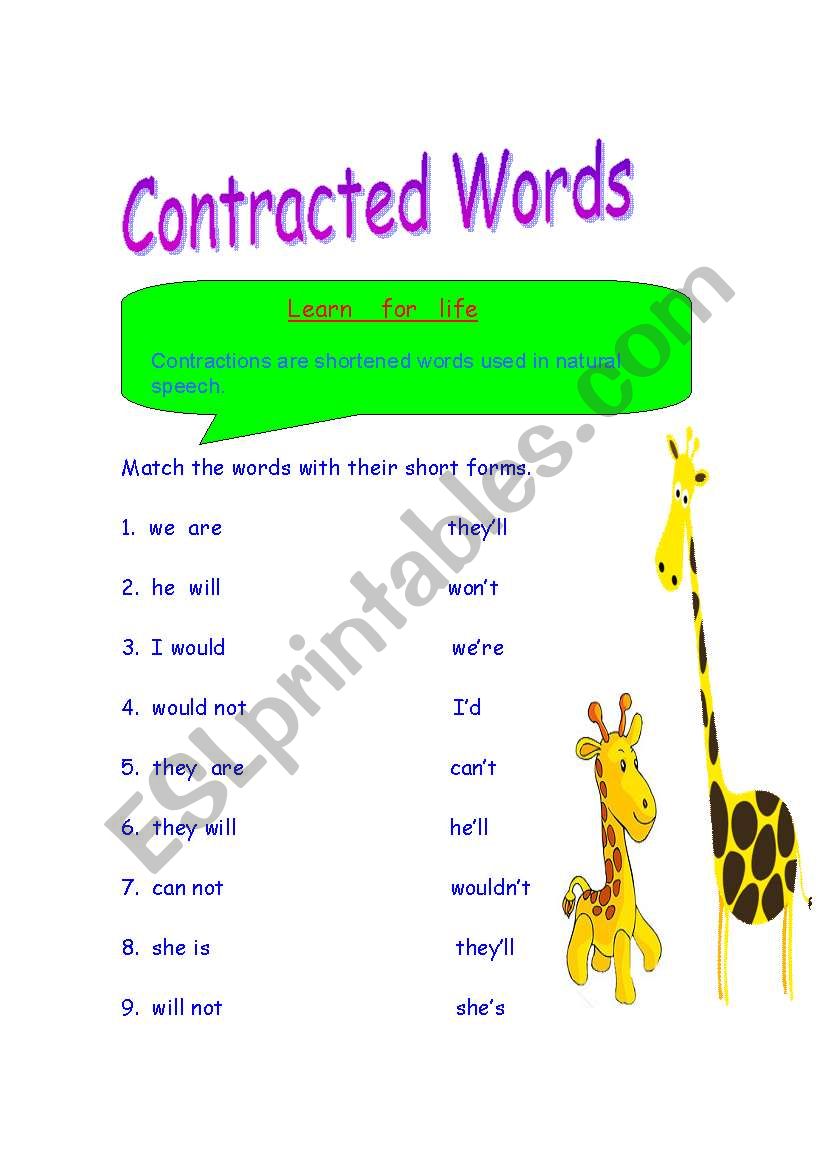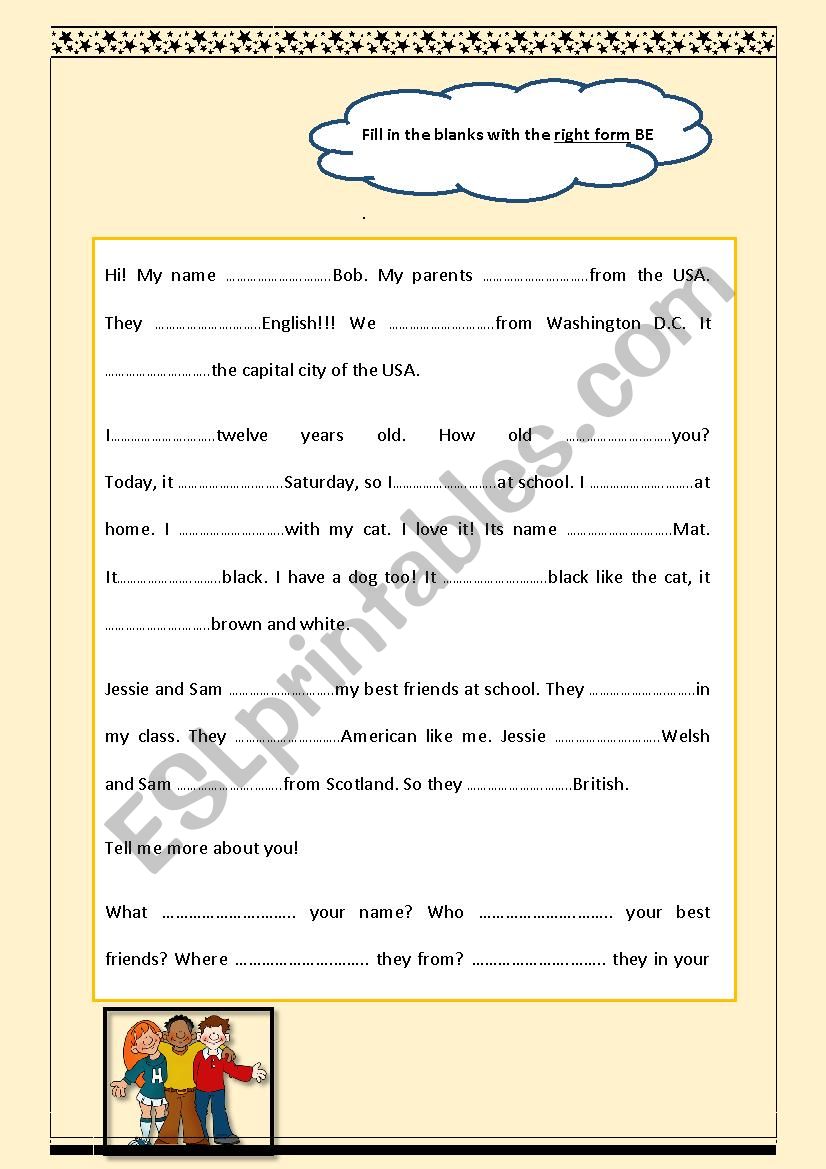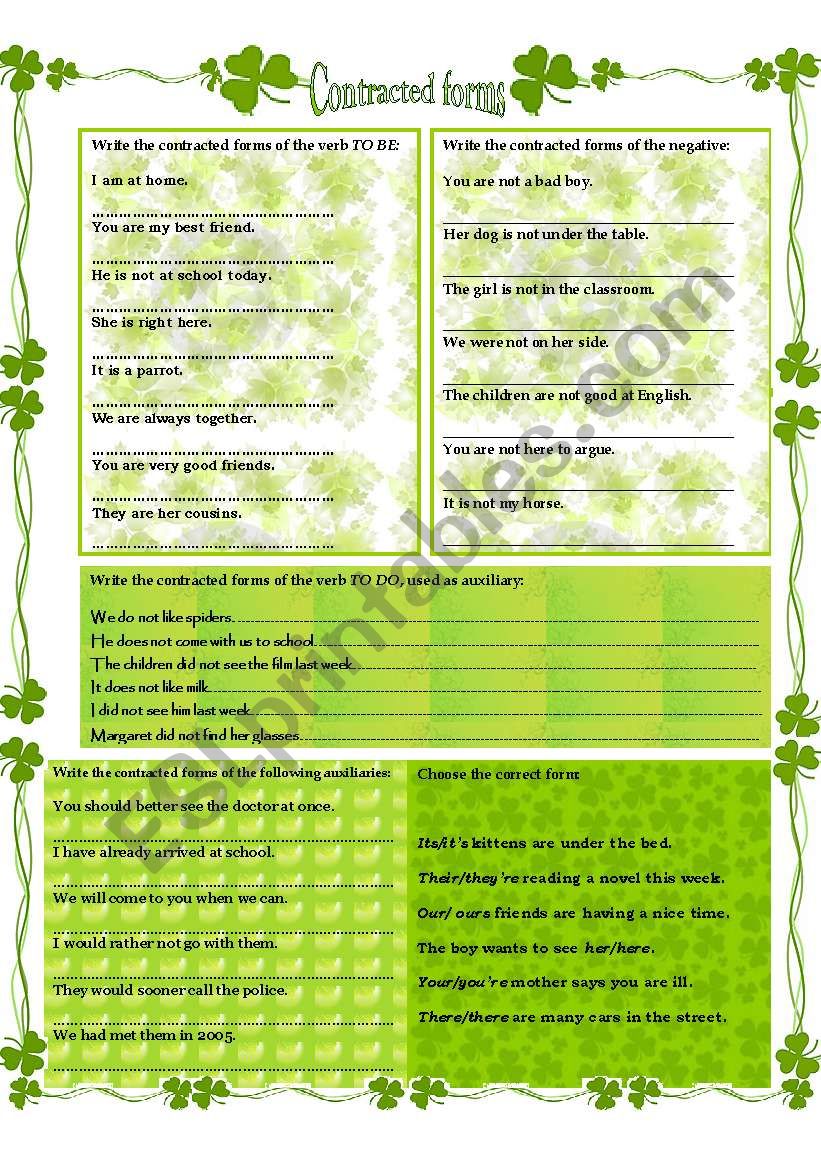Would Not Contracted Form
Would Not Contracted Form - How to use would in english sentences would a modal auxiliary, which is the will the. You can use a contracted form with any noun. / the book’s on the. Contractions are formed with modal auxiliary verbs, and also with be and have when. Wouldn't is a contraction of would not and denotes a lack of permission or. Would not (wouldn’t) notes 1. We use contractions (i’m, we’re) in everyday speech and informal writing. The short/contracted forms 's and 'd have have two different long forms:
We use contractions (i’m, we’re) in everyday speech and informal writing. The short/contracted forms 's and 'd have have two different long forms: You can use a contracted form with any noun. / the book’s on the. Would not (wouldn’t) notes 1. Contractions are formed with modal auxiliary verbs, and also with be and have when. How to use would in english sentences would a modal auxiliary, which is the will the. Wouldn't is a contraction of would not and denotes a lack of permission or.
We use contractions (i’m, we’re) in everyday speech and informal writing. Wouldn't is a contraction of would not and denotes a lack of permission or. Contractions are formed with modal auxiliary verbs, and also with be and have when. The short/contracted forms 's and 'd have have two different long forms: How to use would in english sentences would a modal auxiliary, which is the will the. You can use a contracted form with any noun. Would not (wouldn’t) notes 1. / the book’s on the.
Contracted words / Short Forms ESL worksheet by deepti sachdeva
/ the book’s on the. The short/contracted forms 's and 'd have have two different long forms: Contractions are formed with modal auxiliary verbs, and also with be and have when. Wouldn't is a contraction of would not and denotes a lack of permission or. You can use a contracted form with any noun.
A sample of Contracted forms found on students' written assignments
Would not (wouldn’t) notes 1. You can use a contracted form with any noun. The short/contracted forms 's and 'd have have two different long forms: How to use would in english sentences would a modal auxiliary, which is the will the. Wouldn't is a contraction of would not and denotes a lack of permission or.
+150 Contracted Forms of Verbs (Simple Guide) TPR Teaching
We use contractions (i’m, we’re) in everyday speech and informal writing. You can use a contracted form with any noun. How to use would in english sentences would a modal auxiliary, which is the will the. Wouldn't is a contraction of would not and denotes a lack of permission or. / the book’s on the.
+150 Contracted Forms of Verbs (Simple Guide) TPR Teaching
Wouldn't is a contraction of would not and denotes a lack of permission or. We use contractions (i’m, we’re) in everyday speech and informal writing. / the book’s on the. How to use would in english sentences would a modal auxiliary, which is the will the. You can use a contracted form with any noun.
(Contracted) forms of BE ESL worksheet by MsCuppa
Would not (wouldn’t) notes 1. Contractions are formed with modal auxiliary verbs, and also with be and have when. How to use would in english sentences would a modal auxiliary, which is the will the. The short/contracted forms 's and 'd have have two different long forms: Wouldn't is a contraction of would not and denotes a lack of permission.
LIST OF CONTRACTED VERB FORMS IN ENGLISH English Course Malta
How to use would in english sentences would a modal auxiliary, which is the will the. You can use a contracted form with any noun. The short/contracted forms 's and 'd have have two different long forms: Contractions are formed with modal auxiliary verbs, and also with be and have when. Would not (wouldn’t) notes 1.
Contracted Forms
/ the book’s on the. How to use would in english sentences would a modal auxiliary, which is the will the. Would not (wouldn’t) notes 1. We use contractions (i’m, we’re) in everyday speech and informal writing. The short/contracted forms 's and 'd have have two different long forms:
(DOC) SHORT FORMS (CONTRACTED FORMS) IN ENGLISH TO BE SIMPLE PRESENT
/ the book’s on the. You can use a contracted form with any noun. We use contractions (i’m, we’re) in everyday speech and informal writing. Wouldn't is a contraction of would not and denotes a lack of permission or. The short/contracted forms 's and 'd have have two different long forms:
match contracted forms. Interactive worksheet TopWorksheets
Would not (wouldn’t) notes 1. How to use would in english sentences would a modal auxiliary, which is the will the. / the book’s on the. The short/contracted forms 's and 'd have have two different long forms: Contractions are formed with modal auxiliary verbs, and also with be and have when.
+150 Contracted Forms of Verbs (Simple Guide) TPR Teaching
Contractions are formed with modal auxiliary verbs, and also with be and have when. The short/contracted forms 's and 'd have have two different long forms: You can use a contracted form with any noun. We use contractions (i’m, we’re) in everyday speech and informal writing. / the book’s on the.
Would Not (Wouldn’t) Notes 1.
/ the book’s on the. You can use a contracted form with any noun. The short/contracted forms 's and 'd have have two different long forms: Contractions are formed with modal auxiliary verbs, and also with be and have when.
How To Use Would In English Sentences Would A Modal Auxiliary, Which Is The Will The.
Wouldn't is a contraction of would not and denotes a lack of permission or. We use contractions (i’m, we’re) in everyday speech and informal writing.









